Early education is all about creating a foundation for future learning. Since there has been formal education, it has been accepted that the 3R’s (Reading, wRiting, and “aRithmetic) were key skills. This served us well for over 100 years, but are they enough to serve students growing up in a digital age? Maybe it’s time for our definition of foundational skills to expand. From artificial intelligence to virtual reality digital, technology is becoming more embedded in our everyday lives. Our students need to be taught how to create with technology, not just use it. Armed with this digital foundation, kids will have the skills they need to leverage computers to tackle the problems they are sure to face, from daily tasks to success in school and work to changing the world.
So, does that mean all kids should learn to code? Well yes, but that’s just one piece of the puzzle. Before you can code, you have to understand how computers ‘think’. This is similar to the way you need to understand how letters form words to convey ideas, as the foundation to reading. Computational thinking is the process of breaking down a problem so a computer can be used to solve it. The four components of computational thinking are decomposition (breaking it down), pattern recognition, abstraction (removing unnecessary details), and algorithmic (step-by-step) thinking. Coding is a great way to teach algorithmic thinking, but we need a curriculum that goes beyond coding to teach all the components of computational thinking.
In my job as a STEM director, I see many coding programs for kids. However, I didn’t come across anything that addressed all the aspects of computational thinking for early learners. Out of this need, I created CompuTales.


The idea for CompuTales came from my experience as a dad. Reading stories to my son at bedtime was one of our favorite activities. I thought, “What if I could use stories to teach kids about computational thinking?” But more than a paper book, I also wanted to include interactive puzzles that would reinforce each computational topic. All of the puzzles were designed within the context of the story to keep the learner engaged. Because learning is better in context, literacy activities that reinforce the computational thinking topics were also woven into each chapter and topic.
CompuTales is available for free to any parent or teacher, with unlimited student accounts. There is an optional student workbook available for purchase that reinforces the computational topics as the reader progresses through each chapter of the story. By blending digital and hands-on learning, outcomes are improved for early learners.
About the contributor:
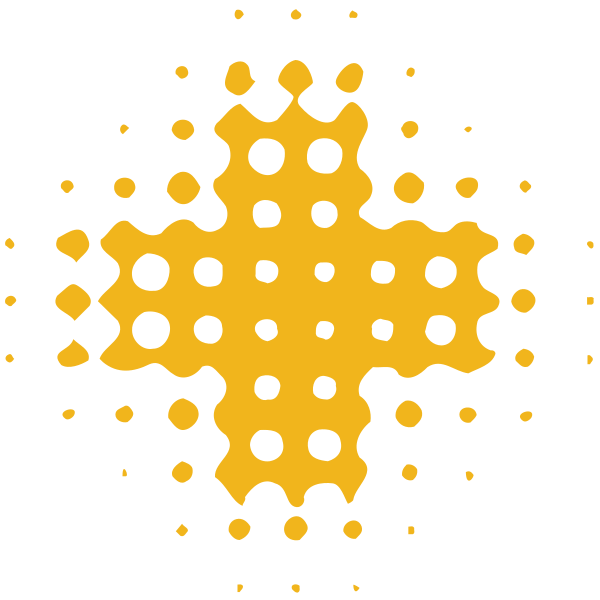

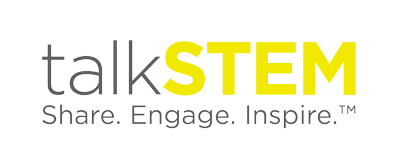
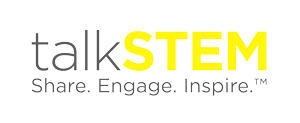
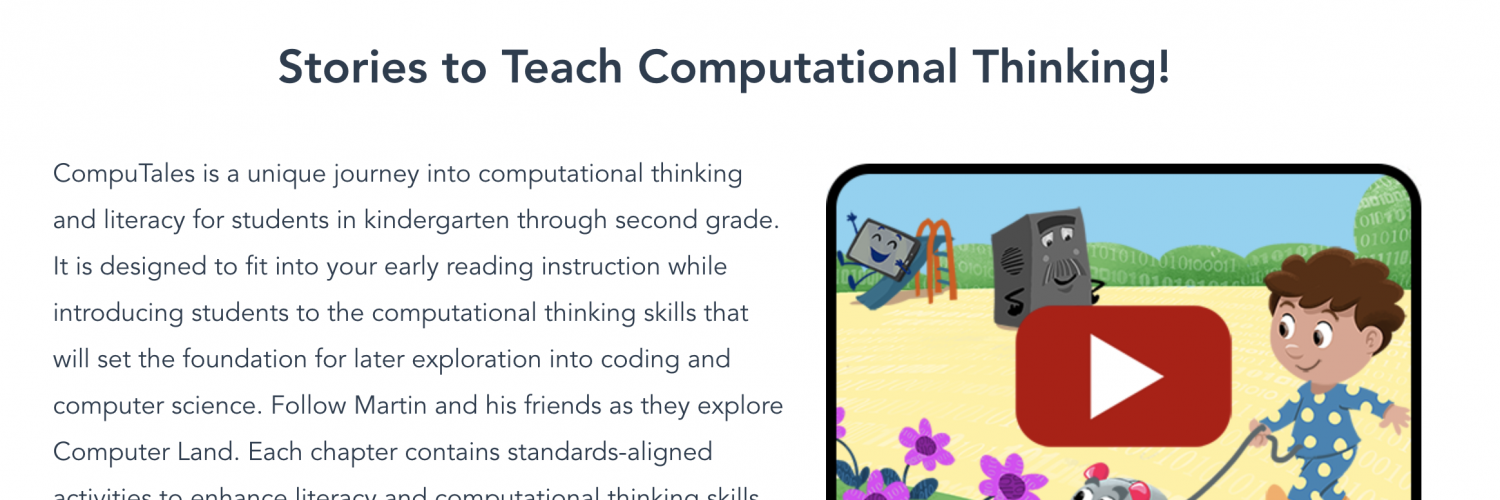
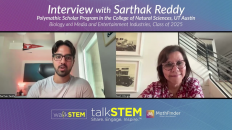




Add comment